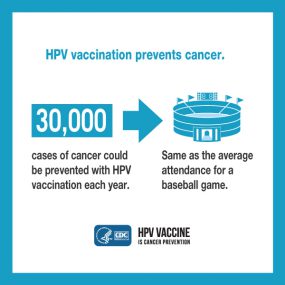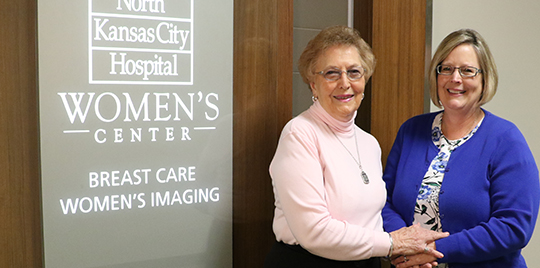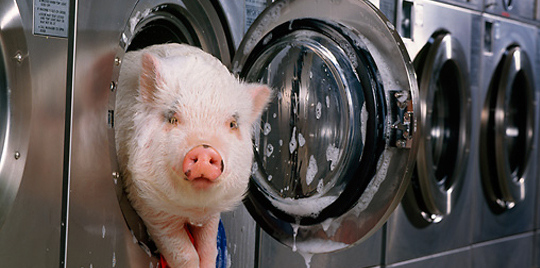HPV-related Cancers: They're Preventable
July 30, 2018By: Mari Rydings
Categories: Cancer, Gynecology, Prevention

HPV (human papillomavirus) infections are the most common sexually transmitted infections in the U.S. In fact, one in four people currently have an HPV infection, but don’t know it. While most HPV infections go away on their own, about 5% progress to cervical, anal, head and neck, or rarer cancers. HPV-positive head and neck cancer specifically are on the rise, especially in men.
“Nearly 85% of diagnosed HPV-positive head and neck cancers are seen in men compared to women,” said Gaurav Prasad, MD, a head and neck cancer specialist with Meritas Health ENT.
While cervical cancer can be detected with a Pap smear, there’s no screening for head and neck cancer. And, there’s no way to detect who’s at risk. This type of cancer is often symptom-free. “Head and neck cancer typically presents as a painless neck mass or swelling,” Dr. Prasad said. “Other symptoms aren’t as commonly identified, which is why a lot of time the cancer is diagnosed after it has already spread to a lymph node in the neck.”
Possible symptoms of head and neck cancer can include:
- Bloody mucus and/or saliva
- Pain and/or difficulty with swallowing
- Persistent ear pain on one side
- Unexpected weight loss
HPV Vaccines
Most people are aware of the HPV vaccine for girls, which protects against cervical cancer. Yet, many people don’t realize there is a HPV vaccine that is FDA-approved for use in boys, too. The vaccine is most effective when received before sexual activity begins. The Centers for Disease Control and Prevention recommends the following:
-
 Young men, ages 11-21
Young men, ages 11-21
- Young women, ages 11-26
When the recommended protocol is followed, the vaccine can be 96% effective at preventing HPV transmission.
“Over the past few years, we have seen a fall in the rates of vaccinations,” Dr. Prasad said. “I think that has to do with a lack of communication between parents and their children’s pediatricians. From a head and neck cancer specialist’s standpoint, that is information we want to get out there to the community. Parents should be discussing this with their children’s pediatricians because HPV-positive cancer is potentially preventable.”
Related reading
HPV Vaccines: Vaccinating Your Preteen or Teen
HPV+ Head and Neck Cancer Rates Rapidly Rising
HPV: Should My Child Get the Vaccine? (Step-by-step decision helper)


